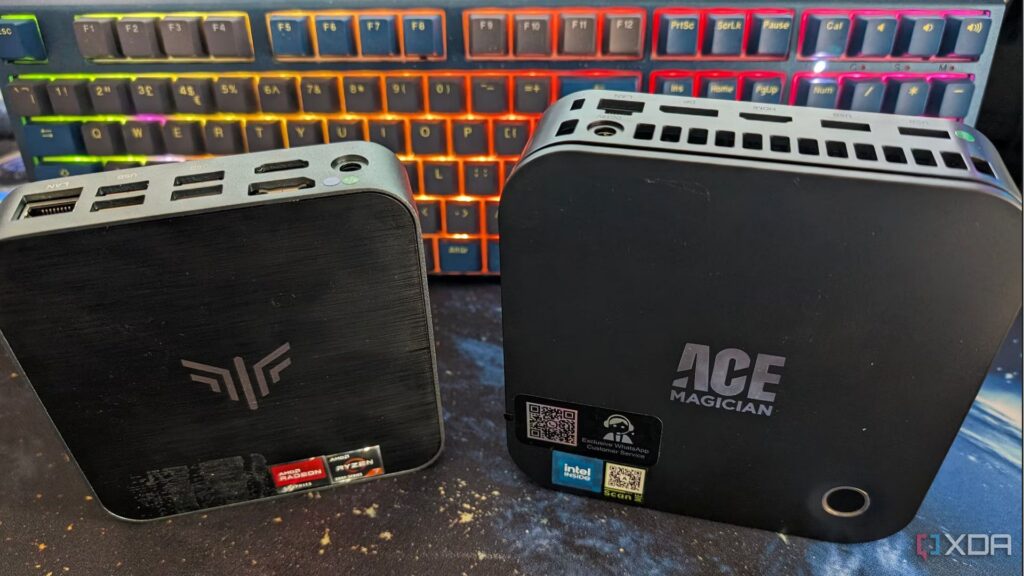
UPDATE: A major shift in home computing has just occurred as tech enthusiasts reassess the viability of Raspberry Pi clusters in favor of a single mini PC. This development highlights the benefits of simplicity, performance, and efficiency, as many users transition to powerful alternatives for their home labs.
In recent years, the Raspberry Pi cluster was a popular choice for hobbyists wanting to experiment with distributed computing. However, a growing number of users are reporting a transformative experience after switching to a single mini PC. With this change, they are not only seeing enhanced performance but also a significant reduction in maintenance and operational complexity.
One user, using the Geekom Air 12 Lite equipped with an N150 processor, experienced a remarkable upgrade. The performance leap was immediate and profound. The mini PC outstripped the collective power of multiple Raspberry Pis, even outperforming the latest Pi 5. Applications now launch nearly instantly, and heavy services like Nextcloud and Grafana run smoothly without the risk of overload.
In a world where efficiency is paramount, this transition is crucial. The mini PC operates quietly and remains cool under pressure, a sharp contrast to the noisy and cumbersome Raspberry Pi setup. The user emphasized, “Managing one system is easier than managing five,” illustrating the dramatic reduction in time spent on maintenance. Tasks that once consumed hours now take mere minutes, allowing for more time spent on innovative projects.
Surprisingly, the energy consumption of the mini PC is comparable to just two or three Raspberry Pis. The Geekom idles at only 8 to 10 watts, significantly less than the combined power usage of the previous cluster setup. This shift not only streamlines the workspace but also cuts down on electricity costs, making it an attractive option for budget-conscious users.
Moreover, the mini PC resolves persistent compatibility issues that plagued users with ARM-based systems. Docker containers run flawlessly, eliminating the frustration of constant troubleshooting. Virtualization capabilities further enhance its appeal, allowing users to run Proxmox and KVM natively without performance hits.
This trend is not just limited to tech enthusiasts; it represents a broader shift towards practicality in home computing. As users prioritize reliability and user-friendly setups, the appeal of simpler solutions becomes clearer. A single mini PC combines speed, efficiency, and ease of use, proving to be a smarter option for many.
As the demand for streamlined home labs increases, tech communities are buzzing with discussions about this significant shift. The practicality of a single mini PC is reshaping how individuals approach technology at home. Users are realizing that improvement doesn’t always mean expansion; sometimes, it requires focusing on what works best.
With the home lab landscape evolving rapidly, potential users are encouraged to consider their needs carefully. The advantages of moving to a mini PC are compelling, offering a perfect balance between power and ease of management. As this trend gains momentum, expect to see more discussions on the implications for distributed computing and home technology setups.
The message is clear: the future of home labs may lie in simplicity, and the mini PC is leading the charge.






